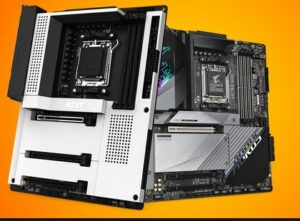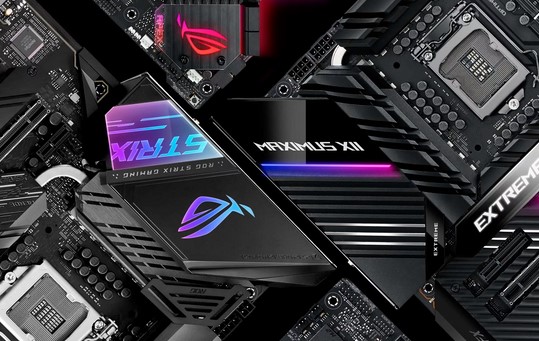In the fast-paced realm of gaming, the heart of every system lies in its processor. As technology evolves, gaming processors have become the driving force behind immersive and high-performance gaming experiences. This article explores the intricacies of game processors, shedding light on their significance, key features, and the dynamic landscape of the gaming industry.

The Powerhouse of Gaming Systems
Introduction to Gaming Processors: Gaming processors, also known as central processing units (CPUs), serve as the brains of gaming systems. They execute instructions, handle calculations, and manage data flow, playing a pivotal role in determining a system’s overall performance.
Key Components and Architecture: Modern game processors boast advanced architectures designed for optimal gaming performance. Features like multiple cores, hyper-threading, and cache size contribute to their ability to handle the complex demands of gaming applications.
Clock Speeds and Boost Technology: Clock speed, measured in gigahertz (GHz), determines how quickly a processor can execute instructions. Boost technology dynamically adjusts clock speeds, allowing processors to ramp up performance during demanding tasks, such as gaming.
Choosing the Right Gaming Processor
Consideration of Gaming Requirements: The choice of a gaming processor depends on the gaming requirements. Casual gamers may find mid-range processors suitable, while enthusiasts and professional gamers often opt for high-end processors to handle resource-intensive titles.
Multi-Core vs. Single-Core Performance: Gaming processors come with varying core counts. While many games benefit from multi-core processors, some titles still rely heavily on single-core performance. Striking the right balance is crucial for achieving optimal gaming performance.
Compatibility and Upgradability: When selecting a gaming processor, ensure compatibility with the motherboard and other components. Additionally, consider future upgradability, as gaming technology evolves rapidly, and having room for future improvements is advantageous.
Key Players in the Gaming Processor Market
Intel Core Processors: Intel’s Core processors have long been a staple in gaming systems. Known for their strong single-core performance, Intel processors are favored by gamers who prioritize high clock speeds and responsiveness.
AMD Ryzen Processors: AMD’s Ryzen processors have gained significant traction in the gaming community. Offering a strong balance between multi-core performance and affordability, Ryzen processors are popular among gamers seeking value for money.
Emerging Technologies: The gaming processor market is witnessing the integration of new technologies. Features like ray tracing, artificial intelligence (AI) enhancements, and advanced manufacturing processes are shaping the next generation of gaming processors.
Optimizing Gaming Performance
Graphics Processing Units (GPUs): While gaming processors handle general calculations, dedicated graphics processing units (GPUs) manage graphical tasks. A symbiotic relationship between powerful processors and GPUs is crucial for achieving smooth and visually stunning gaming experiences.
Overclocking: Enthusiast gamers often explore overclocking to push their gaming processors beyond factory-set clock speeds. This practice requires careful consideration of cooling solutions to prevent overheating.
System Memory (RAM): Adequate system memory is essential for supporting gaming processors. Faster RAM speeds and ample capacity contribute to seamless multitasking and quicker data access, enhancing overall gaming performance.
Future Trends in Gaming Processors
Advancements in Nanotechnology: The shrinking of transistor sizes through nanotechnology continues to enhance processor efficiency. Smaller transistors result in reduced power consumption and increased performance, paving the way for more energy-efficient gaming processors.
Integration of AI: The integration of artificial intelligence (AI) into gaming processors is on the horizon. AI enhancements can optimize gaming experiences by predicting player behavior, dynamically adjusting settings, and improving overall responsiveness.
Rise of Custom Processors: Console gaming has witnessed the rise of custom processors tailored to specific gaming platforms. This trend may extend to the PC gaming space, with manufacturers exploring custom designs for optimized gaming performance.
Conclusion: Paving the Way for Gaming Excellence
As the gaming industry continues to evolve, game processors stand as the backbone of cutting-edge gaming experiences. Whether navigating expansive open worlds or engaging in competitive online battles, the choice of a gaming processor shapes the trajectory of gaming performance. Understanding the nuances of these technological powerhouses empowers gamers to make informed decisions, ensuring a seamless and exhilarating gaming journey.
